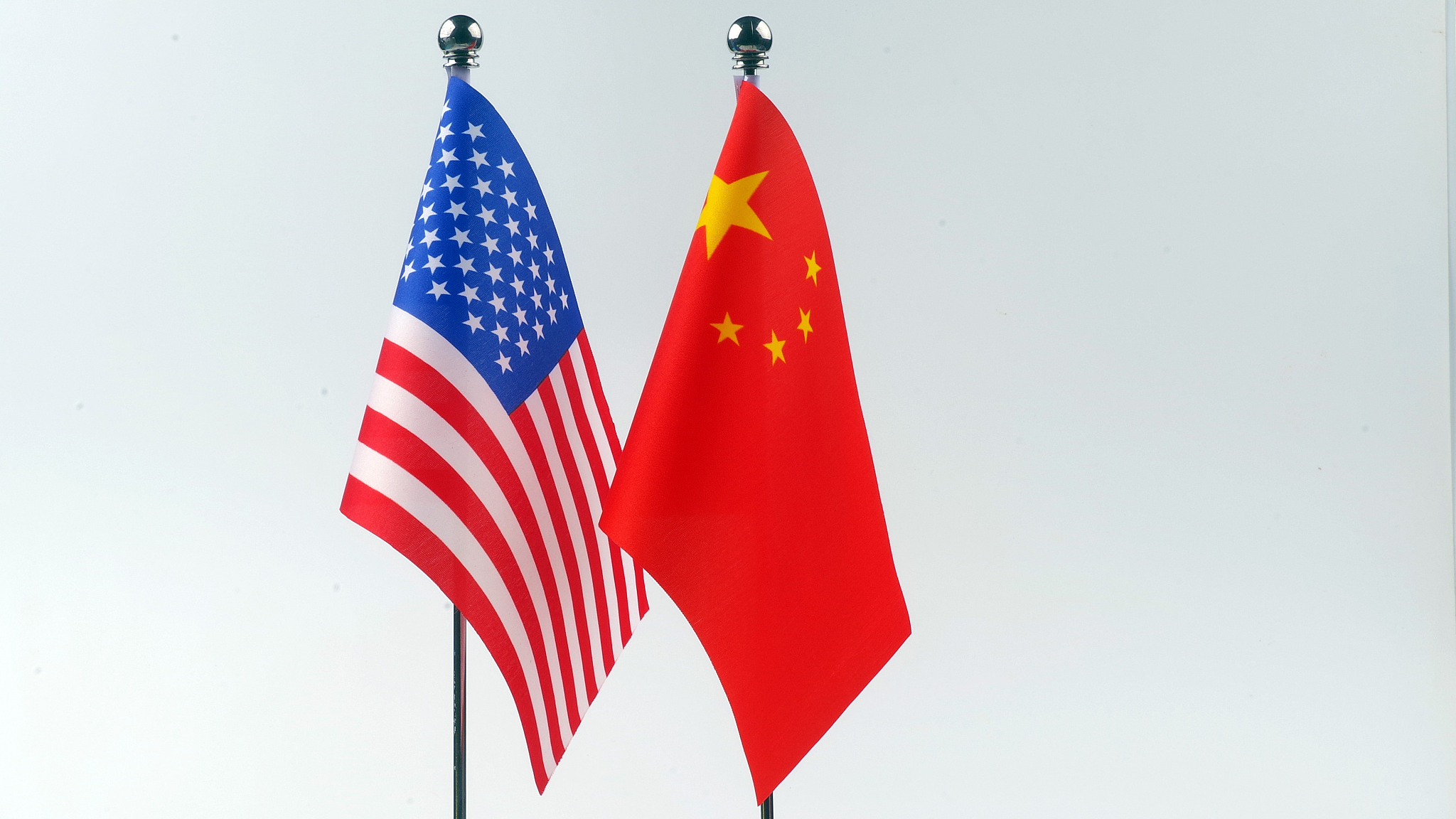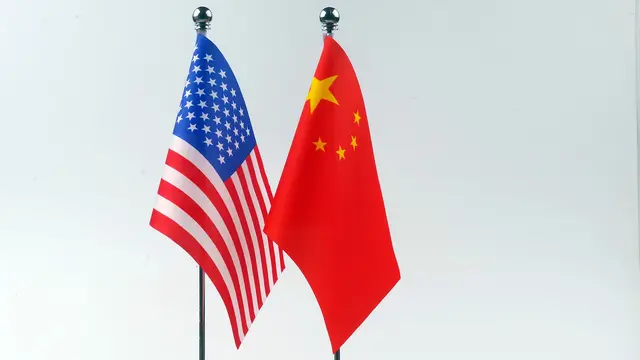
/VCG
Editor's note: Zhou Wenxing is a research fellow at Huazhi Institute for Global Governance, Nanjing University and former Asia Fellow at John F. Kennedy School of Government, Harvard University. The article reflects the author's opinions and not necessarily the views of CGTN.
The recent moves by the U.S. and its allies, notably the Group of Seven (G7) Foreign and Development Ministers' Meeting held in London, UK, suggest that the Joe Biden administration has framed U.S. policy by establishing a united anti-China front in the name of "defending rules-based international order." An unprecedented anti-China Congress and a record-low opinion poll rating of China by Americans contribute to a more aggressive China policy, indicating that the Biden administration has fallen into the trap set by its predecessor.
It is without a doubt that, after four tumultuous years under former U.S. President Donald Trump, people in China and beyond were expecting a policy reversal under the Biden administration. However, the current U.S. China policy has failed them. As Yang Jiechi, a member of the Political Bureau of the Communist Party of China (CPC) Central Committee and director of the Office of the Foreign Affairs Commission of the CPC Central Committee said during the dialogues with his American counterparts in Alaska in March, "We thought too well of the United States."
U.S. foreign policy, which is currently implemented based on its China policy to a large extent, also failed the international society. Take the case of the anti-COVID-19 pandemic as an example.
Occupied with vaccine nationalism featuring "America first," the U.S. leadership has been busy countering China's rising influence largely because of its contributions to fighting the pandemic. The G7 ministers' meetings, among others, are just a part of the U.S.' anti-China plan.
By contrast, the Chinese government and its people have been offering a huge amount of assistance to dozens of countries after the country's recovery from the pandemic since the second quarter of 2020.
"China has become the only potion for many countries" in terms of vaccines, said Yanzhong Huang, a senior fellow for global health at Council on Foreign Relations, during a recent Bloomberg interview.
China's achievements have also been recognized by other U.S.-based bodies, such as well-known think tank the Atlantic Council, whose latest research found that China "stood out" for sending vaccines to many developing countries.

A cityscape of Shenzhen, south China's Guangdong Province. /CFP
It is thus safe to conclude that the U.S. attempts to deter China, unilaterally or multilaterally, are less likely to bear fruit at a time when the vast majority of countries are grappling with the pandemic. What they expect is to return to normalcy through multilateral cooperation, in which the coordination and collaboration between U.S. and China are imperative.
But the current U.S.-China policy runs against what the rest of the world has been looking forward to. "America's latest policies toward China will prove self-defeating," writes former U.S. Assistant Secretary of Defense Chas W. Freeman Jr. in the Australia-based East Asia Forum on May 9.
At the very minimum, the anti-China policy faltered U.S. efforts to "lead the world," one of the core interests of the U.S. defined by the Biden administration. In other words, there is a mismatch between U.S.-China policy and its national interests.
The right option for the U.S. to "lead the world" largely rests in its strong commitments to the internationally recognized "rules-based international order" rather than the ones defined by the U.S. and a few of its allies. This means that the U.S. needs to forsake its anti-China attempts and work with China to fight the pandemic for the time being and eventually seek a new type of great-power relationship.
As recognized by the newly-released Global Trends 2040, one of the key documents issued by the U.S. government, both the "United States and China will have the greatest influence on global dynamics," and "no single state is likely to be positioned to dominate across all regions or domains." That is to say, the U.S.'s aggressive China policy will neither successfully deter China from promoting national development and rejuvenation nor will it automatically increase the U.S.' strength.
(If you want to contribute and have specific expertise, please contact us at [email protected].)
 简体中文
简体中文












